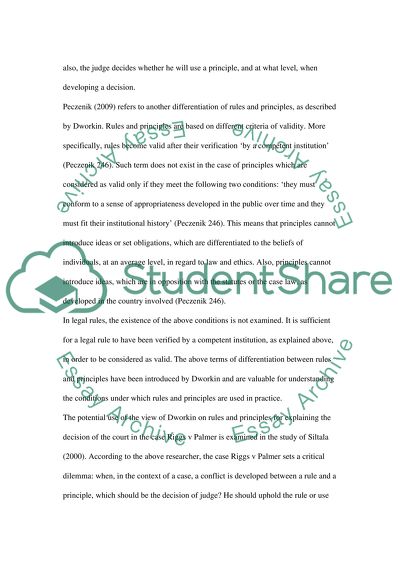Cite this document
(The Combination of Retributivism With Another Theory Research Paper, n.d.)
The Combination of Retributivism With Another Theory Research Paper. Retrieved from https://studentshare.org/law/1446791-philosophy-of-law-two-question-essays
The Combination of Retributivism With Another Theory Research Paper. Retrieved from https://studentshare.org/law/1446791-philosophy-of-law-two-question-essays
(The Combination of Retributivism With Another Theory Research Paper)
The Combination of Retributivism With Another Theory Research Paper. https://studentshare.org/law/1446791-philosophy-of-law-two-question-essays.
The Combination of Retributivism With Another Theory Research Paper. https://studentshare.org/law/1446791-philosophy-of-law-two-question-essays.
“The Combination of Retributivism With Another Theory Research Paper”, n.d. https://studentshare.org/law/1446791-philosophy-of-law-two-question-essays.


